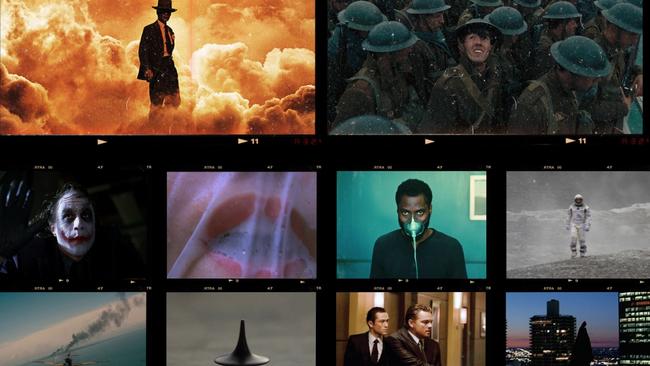
Nolan’s films must be watched carefully. They reward repeat viewings. You need to pay attention to the time loops that Maher suggests have become the director’s one-trick pony. Yes, Nolan is interested in the fluidity of time. So, he puts it into some – not all – of his films. What’s wrong with that? Shall we cancel Agatha Christie for writing too much about murder? Or the James Bond movies for being about espionage?

Second, they’re there for filmmaking, storytelling reasons and have emotional impact. For Nolan, time is a character.
In the 2017 war drama Dunkirk, for example, we do not cut “incessantly and pointlessly” through stages of the evacuation. We see the same moments, such as the desperate attempt to rescue Jack Lowden’s Spitfire pilot, from different perspectives.
This is because time may not be as chronological or as personal as we like to think, as any multiverse superhero movie will tell you. There may be different dimensions of time, and even in the same dimension something one person sees may be seen differently by another person, as Akira Kurosawa’s Rashomon has been telling us since 1950. If Maher does not like this, that’s his prerogative, but he best not take to the air. The other Spitfire pilot, Tom Hardy, in one of his time jumps, would shoot him down, and not pointlessly.
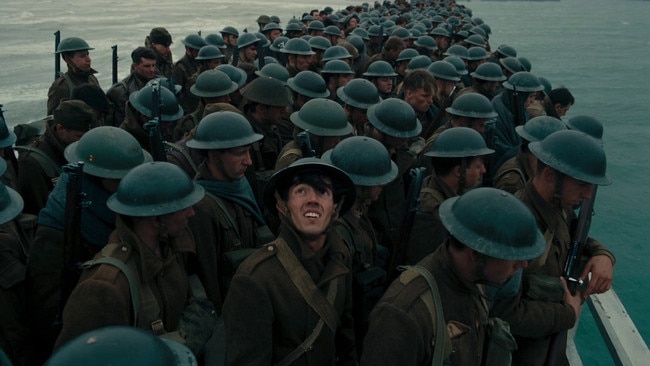
That need to look closely applies to Maher’s article. I suspect if you open his puzzle box, you will find something like this: “Christopher Nolan and I are of similar age and we have met a few times. His films have made £5 billion ($9.6bn). I have written two novels that haven’t quite made that much.”
Maher opens by comparing the Manhattan Project, and its construction of an “artificial town”, with a Nolan film set, where, of course, building fake structures is part of the deal, as on any film set. The chariot race in Ben-Hur (1959), for example, was not filmed in an ancient hippodrome in Jerusalem.
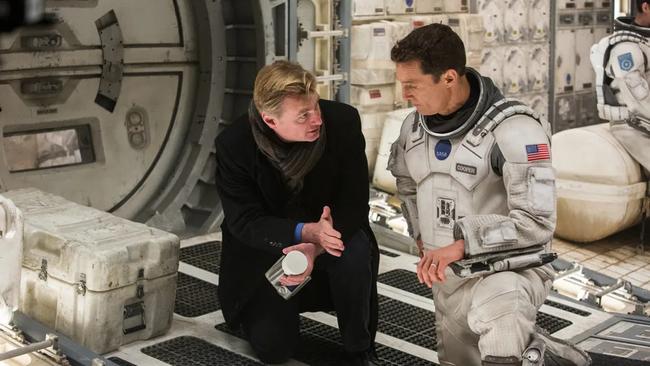
And the point is? I don’t know. The Manhattan Project did build a town in Los Alamos. The project to build the bomb did face time and budget pressures. Robert Oppenheimer was director of the project. He did say something akin to it being a matter of life and death. He did receive a presidential medal.
So, Nolan has recreated and reimagined what happened in real life, as film directors tend to do, and in this case something that changed the world. Why is that a problem?
Oh, yes, because his films have made £5 billion.
When I was asked to respond to Maher’s article, I thought I’d have to write a defence of the director’s work. Then I read what he wrote and that was not the case.
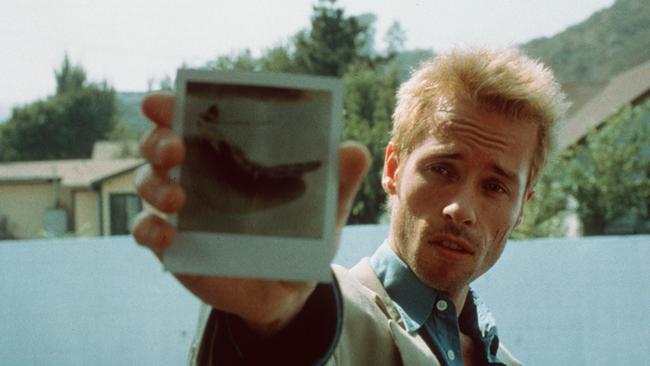
Maher thinks Nolan’s second film, Memento (2000), starring Australia’s Guy Pearce, has “an ingenious puzzle box narrative”. I agree. The 2002 Al Pacino thriller Insomnia is “wickedly stylish”. Ditto.
The 2014 space drama Interstellar is his “most emotionally impactful movie”. I disagree – Dunkirk there for me – but I think it’s a good film, one that notes the emotional impact of time.

As Michael Caine’s Professor John Brand says, “I’m not afraid of death. I’m an old physicist. I’m afraid of time.”
He’s wrong about The Dark Knight (2008), which is the best Batman film yet, as the $US1bn worth of ticket-buying public seem to agree. And it would have been nice to mention Heath Ledger’s posthumous Oscar for his performance as The Joker.
I agree that Tenet (2022) is Nolan’s weakest film. But Dunkirk and Oppenheimer (2023) are masterpieces. We know the evacuation was successful, we know the bomb was built and dropped, but that knowledge does not dull the thrill of Nolan’s telling of the stories. He takes us there, in the present tense, to be part of the history we know.
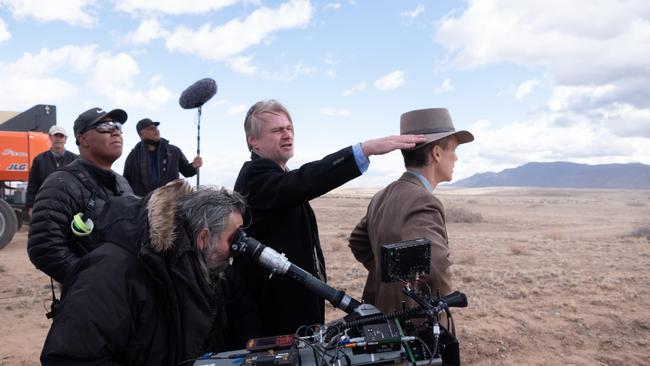
How on earth Oppenheimer is a “movie about itself” and “specifically about … Christopher Nolan” is a question only Maher can answer. When I saw it, I did not leave the cinema thinking, “I’ve just seen a three-hour Christoper Nolan film about Christopher Nolan.” I thought I had just seen the 2024 Oscar winner for best picture.
Will Nolan win best director? I think it’s between him, Greta Gerwig for Barbie, Martin Scorsese for Killers of the Flower Moon and Yorgos Lanthimos for Poor Things. Any one of the four would be a deserving winner, but my vote goes to Nolan, as it would have in 2018 for Dunkirk which was bested by one of the worst best picture winners, in my opinion, The Shape of Water, for which Guillermo del Toro won best director.
I also did not think the tale of Oppenheimer, an architect of the atomic bomb, was “quite slim and linear”, as Maher puts it. His use of linear perhaps goes to his own fixation on time.
And, while on that matter, the time-jumping in Oppenheimer is the opposite of “maddenly superfluous”. It shows us the cause and effect, especially politically, but also emotionally, of building a weapon that, as Oppenheimer put it, turned a mere mortal into a “destroyer of worlds”.
I don’t know Maher and I hope the above is in the spirit of friendly disagreement. We are on the same team, as film critics. Everyone is entitled to an opinion. I’m not sure Maher expresses one, beyond kind of liking Nolan’s films while fretting over his bending of time.
Perhaps he puts his view more strongly in an alternate dimension.




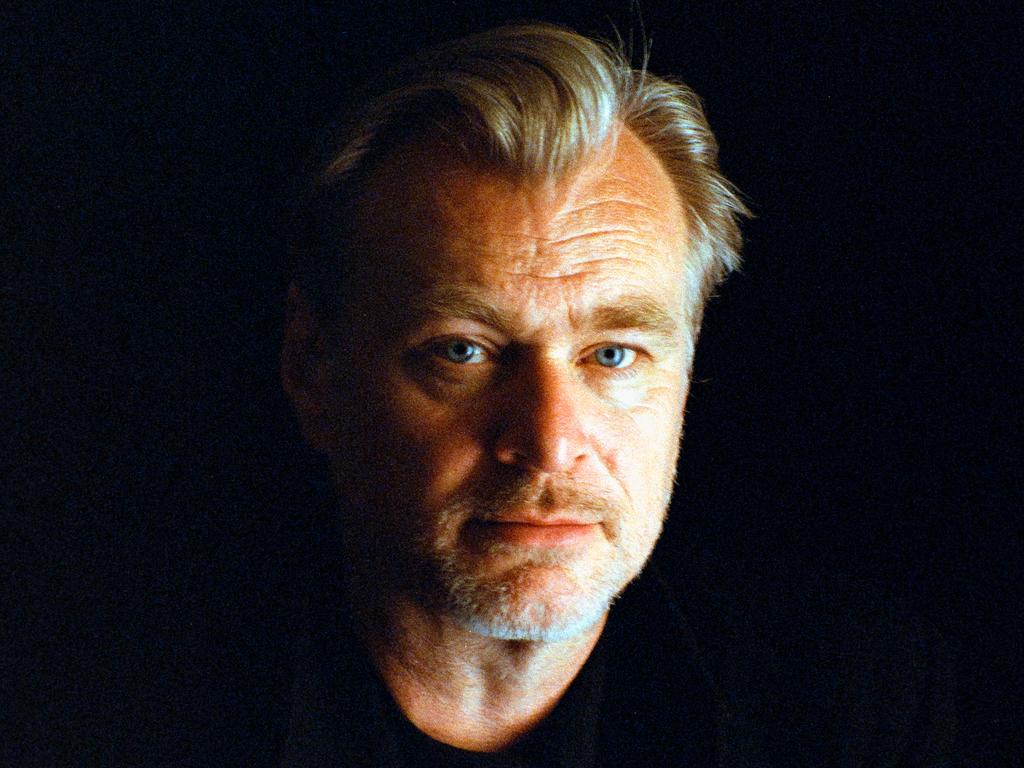


Kevin Maher’s take-down of Christopher Nolan is a lot of fun to read, and perhaps that – comedy – is his intention. If he’s serious, then it’s a good example of an individual’s right to have an opinion even when it’s wrong.